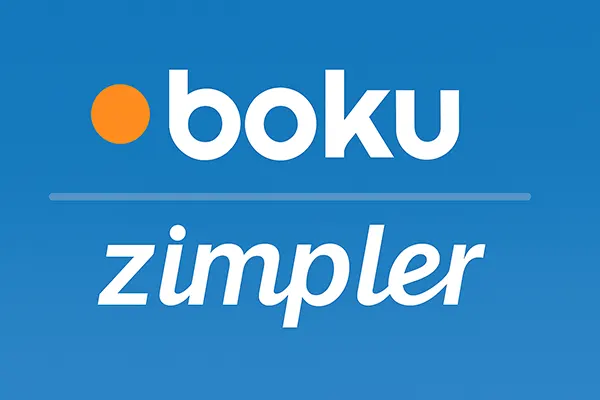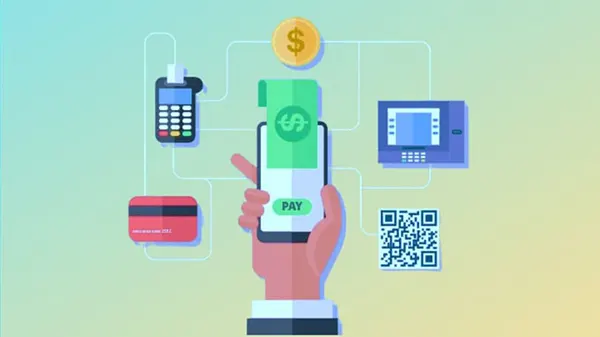
Boku and Zimpler (Pay by Mobile) – Mobile Billing in the UK and Europe
Pay by mobile has become a recognised method for quick and secure payments across the UK and Europe, allowing users to make deposits directly from their mobile phone balance or add the charge to their monthly bill. Two notable services in this area are Boku and Zimpler. They offer simple and accessible payment solutions, particularly useful for users who prefer not to share banking details online. Below is a detailed analysis of how these services operate, their benefits, and key considerations for users.
How Boku Works in the UK and Europe
Boku enables payments by linking directly to a user’s mobile phone number. Instead of entering card details, the user selects Boku at checkout, enters their mobile number, and confirms the transaction via SMS. The payment is either deducted from the prepaid balance or added to the next phone bill. This method is widely accepted by mobile network operators in the UK and many European countries.
Security is a notable feature of Boku. Transactions are authorised through the user’s mobile device, reducing the risk of fraud or data theft. No banking details are stored or transmitted, which adds an extra layer of protection. This system is particularly beneficial for those cautious about using cards online.
However, Boku payments typically come with limits, often around £30 per transaction in the UK. These caps are designed to prevent overspending and reduce risk for mobile operators. Users looking to make larger payments will need to use alternative methods once the limit is reached.
Advantages and Limitations of Boku
The main advantage of Boku is its simplicity. Users do not need to register or create accounts, which speeds up the payment process. This convenience makes Boku attractive to users who want fast and straightforward transactions.
Another benefit is that Boku charges are consolidated with mobile phone bills. This allows users to track spending easily and manage payments alongside regular phone usage, which is practical for budgeting.
On the downside, Boku does not support withdrawals. It is a one-way payment method, so users who need to receive funds must rely on other payment solutions. Additionally, the per-transaction limits can be restrictive for frequent or high-value payments.
How Zimpler Works in the UK and Europe
Zimpler started in Sweden and has expanded its services across Europe, offering a flexible pay by mobile solution. It functions by linking a user’s mobile number to their identity and allowing them to choose between paying immediately or receiving an invoice to pay later. This gives users more control over their payments.
Unlike Boku, Zimpler requires users to verify their identity using a personal identification number (like BankID in Nordic countries). This increases security and ensures compliance with financial regulations across different European jurisdictions.
Zimpler transactions can be funded through various methods, including mobile billing, bank transfers, and credit cards. This flexibility makes it more versatile, especially for users who want a broader range of funding options while still using their mobile number as the identifier.
Benefits and Drawbacks of Zimpler
Zimpler’s key advantage is its flexibility. Users can choose between instant payments or deferred payments via invoices, which can help manage personal cash flow. This approach suits users who may prefer to pay at a later date.
Another strength is its higher transaction limits compared to Boku. Zimpler often allows payments of several hundred euros or more, depending on user verification level and local regulations. This makes it a viable option for larger payments.
However, Zimpler requires account setup and verification, which can make it slower to use the first time. While this adds security, it can also be a barrier for users seeking instant, frictionless payments without additional steps.

Security, Fees, and Regulatory Aspects
Both Boku and Zimpler are regulated and operate under strict financial compliance rules within the UK and European markets. Boku works with major mobile operators and adheres to Payment Services Directive (PSD2) requirements, while Zimpler is authorised by the Swedish Financial Supervisory Authority (Finansinspektionen).
In terms of fees, Boku usually does not charge users directly; any fees are typically absorbed by the merchant. Zimpler may apply small service fees, particularly for invoice-based payments, though these are disclosed before confirming a transaction. Users should always review terms to avoid unexpected costs.
Security-wise, both services rely on two-factor authentication methods. Boku uses SMS confirmation, while Zimpler relies on personal identification systems and encrypted channels. This ensures payments remain protected from unauthorised access and fraud attempts.
Choosing Between Boku and Zimpler
Choosing between Boku and Zimpler depends on the user’s priorities. Those wanting quick, anonymous payments without sharing personal or banking data may prefer Boku. Its simplicity and integration with phone bills make it ideal for low-value transactions.
Users who want more flexibility, higher limits, and multiple funding options might choose Zimpler. It offers a more robust framework for those comfortable with identity verification and occasional service fees in exchange for more functionality.
Ultimately, both Boku and Zimpler contribute to a safer and more accessible payment landscape in the UK and Europe, giving users alternatives to traditional banking when making mobile-based payments.
